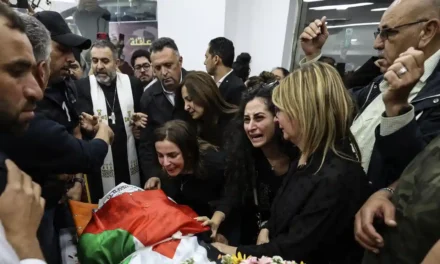
On Saturday, November 30th, former president George H.W. Bush passed away at the age of 94.
In the days that followed, statements poured in from politicians on both sides of the aisle which depicted the former president as a man of immense grace and civility, one of the last remaining members of a halcyon era of American politics. There is, of course, some truth to these characterizations.
The condolences from former Democratic presidents Bill Clinton and Barack Obama illustrate a respectful remembrance which thrusts into relief the current hyper-partisan political climate.
Bush also dedicated his life to public service, as both a U.S. war veteran in his younger days and through the charitable and relief efforts he undertook well after his presidency, for both the city of of Houston as well as for tsunami victims in Indonesia, respectively.
He also demonstrated strong moral resolve in his foreign policy when he withheld loan guarantees from Israel until then-Israeli prime minister Yitzhak Shamir entered a peace conference with the Palestinians and stopped building settlements in the West Bank and Gaza.
Still, we should not gloss over other truths about Bush’s presidential tenure which provide much-needed nuance to the historical record. While some have argued that Bush’s presidency marked the last time that the global community regarded United States foreign policy with respect, it’s worth considering the costs at which that respect came.
The bipartisan support garnered by Bush in 1991 for a joint resolution to authorize the use of force in Iraq has been glowingly praised as constituting a bygone era of cooperative American politics. Nevertheless, it paved the way for an estimated 88,500 tons of bombs to be dropped on Iraq and Iraqi-occupied Kuwait, as well as for the deaths of up to 200,000 Iraqis and 382 Americans.
Domestically, Bush failed to cooperate with special prosecutors on their investigation into the Iran-Contra affair, which he presided over as vice president, and even pardoned six defendants for their respective roles.
He also escalated the war on drugs and signed two Acts that have been hailed as victories for historically disempowered communities: the Americans with Disabilities Act and the Ryan White Care Act. The former prohibits discrimination based on disability and the latter provides funded treatment for AIDS.
George H.W. Bush was a loving father and a patriot as much as he was a steward over dark times for many. He will be missed by many, and a full accounting of his life, with all its setbacks, should be a lesson for all.
Muslim Public Affairs Council
Eric Gay













